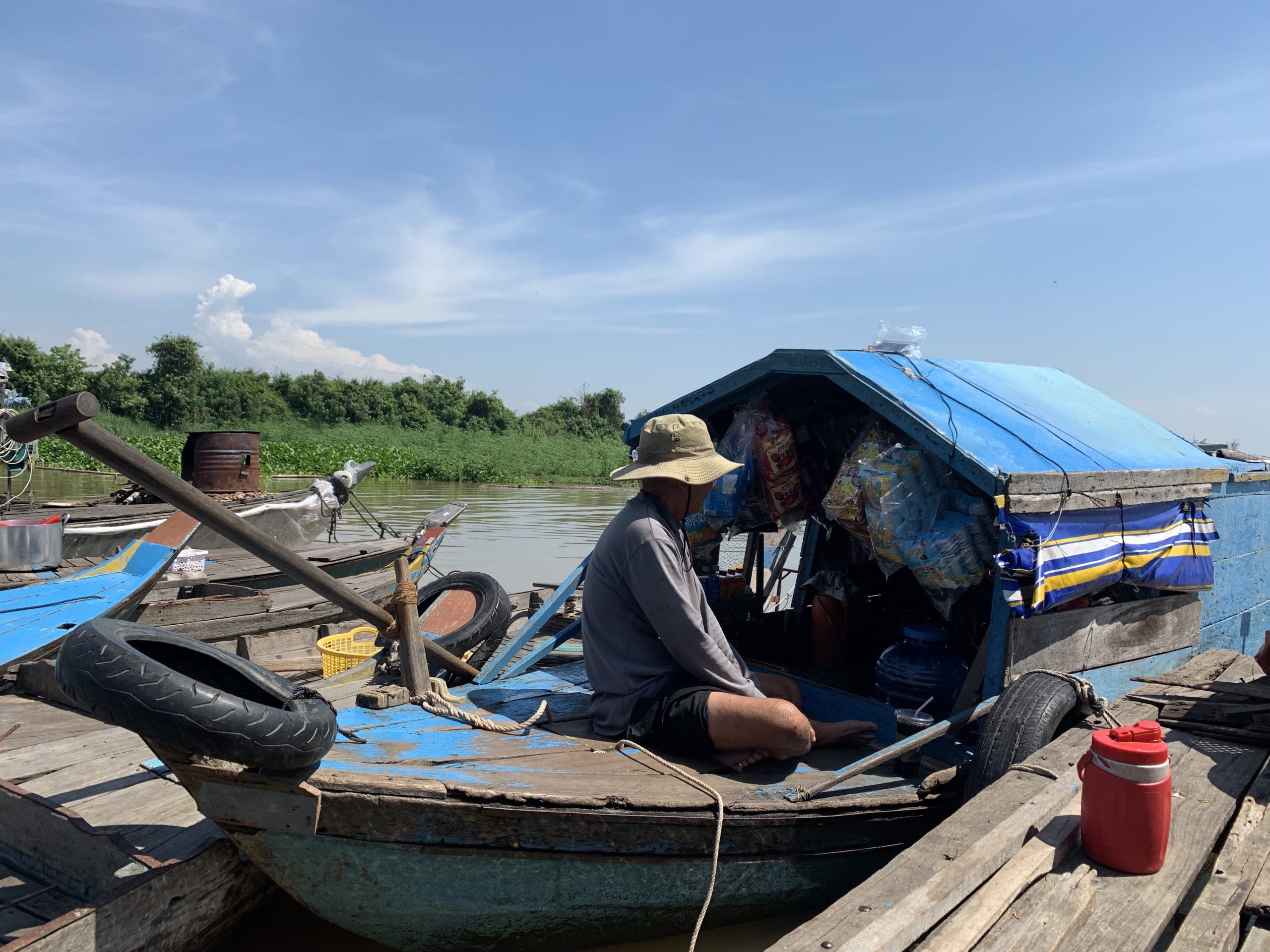1. Citizenship Law
a. Jus Soli and Jus Sanguinis Provisions
Citizenship in Fiji can be acquired through birth, registration, or naturalization. Fiji’s citizenship laws follow a limited jus soli structure, where children born in Fiji are automatically considered citizens at birth if at least one parent is a citizen of Fiji, and neither parent is a foreign diplomat. Children born outside Fiji can register for citizenship if either parent is a citizen of Fiji, based on jus sanguinis provisions. The registration process is also open to children under 18 whose parent became a citizen. Foundlings are presumed to have been born in Fiji unless proven otherwise. Fiji’s 2013 Constitution includes a provision mandating provisions to prevent statelessness, although the country’s national legislation lacks a clear definition of a stateless person.
b. Naturalized Citizenship
The naturalization process in Fiji has specific eligibility criteria, such as being lawfully present in Fiji for at least five out of the 10 years preceding the application, possessing good character, and intending to continue residing in Fiji. A fee is also required for the naturalization application. However, stateless persons are not permitted to enter or reside in Fiji, making them ineligible for naturalization. There is no streamlined or expedited process for stateless individuals or refugees. Applicants going through any citizenship-related application, including naturalization or registration, have the right to appeal a negative decision within 14 days of receiving the decision notification.
c. Dual Citizenship
Dual citizenship is recognized by Fiji.
2. Treaty Ratification Status
Fiji has one of the highest rates of treaty accession in the entire Asia Pacific region and is one of only six states in the Asia-Pacific that are party to the 1954 Statelessness Convention. The only relevant treaty body which Fiji has yet to ratify is the 1961 Convention on the Reduction of Statelessness. Fiji made no relevant reservations on the treaties it has ratified.
In 2014, concluding observations by the CRC Committee expressed concerns regarding the requirement of fees in birth registration, including additional late fees as well as the decline in birth registration in remote islands. It was recommended that Fiji implement an awareness raising campaign on the importance of birth registration in remote areas as well as remove all fees related to registering births. As a party to the CRC, Fiji is bound to ensure that every birth is registered immediately. Under this treaty, it is also responsible for ensuring that no child is left stateless in its territory. However, the national legislation needs improvement to ensure protections for children born to stateless and/or foreign parents in the territory.
| Country | Stateless 1 | Stateless 2 | Refugee | ICCPR | ICESCR | ICERD | CRC | CEDAW |
|---|---|---|---|---|---|---|---|---|
| Fiji |



